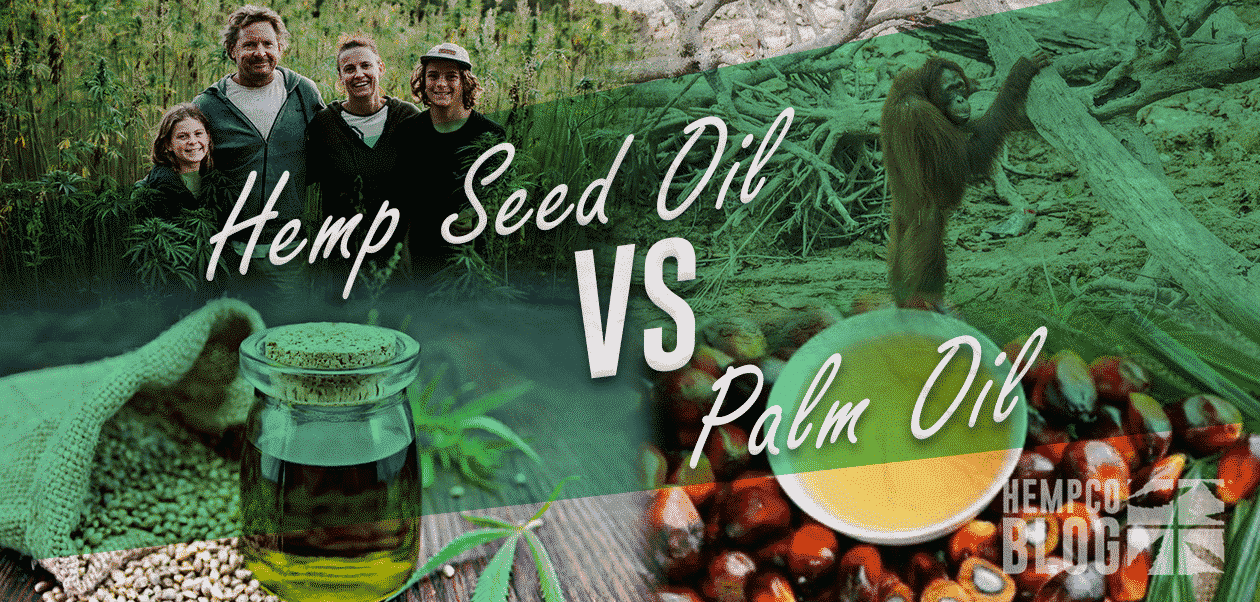
We know that hemp is a versatile plant that has abundant benefits for society, and we’re still discovering new and improved uses for it each year. As the name implies, hemp seed oil is produced from the seed of the hemp plant.
Unless you’ve lived under a rock for the last few years…(Oh, wait - half of the world has been…)
Either way, you’ve heard palm oil isn’t great for the environment, right?
Today we’re looking at whether hemp seed oil could replace palm oil, follow us until the end to find out.
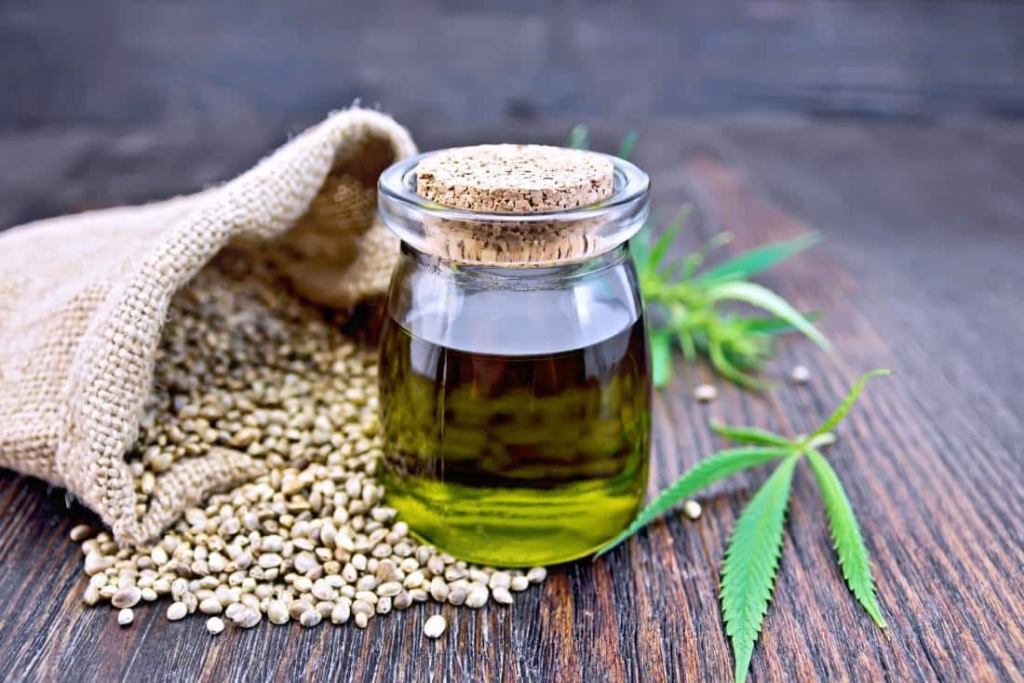

Hemp seed oil is manufactured by cold-pressing hemp seeds and is characterised by its clear green oil with a nutty taste. Not to be confused with hemp oil, which is derived from hemp stem, flowers - We cover the differences extensively in another blog post
Palm oil is one of the most used oils around the world. The palm tree is native to West Africa, but it is grown in many other countries worldwide due to its usefulness. Two oils can be extracted from the palm tree;
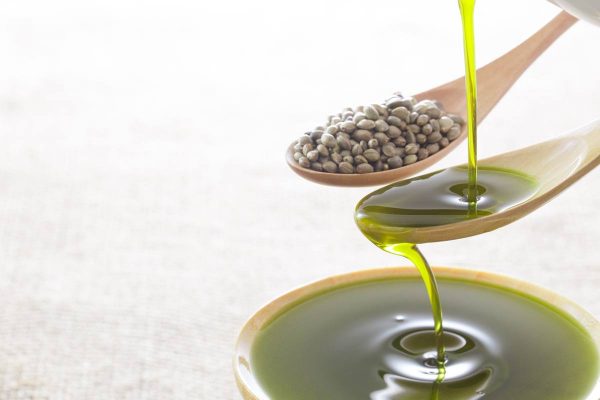
The significance of the hemp plant to the environment is overwhelming and certainly not talked about enough. Hemp farming is a way of directly cleansing the atmosphere from carbon. It also cleans up polluted soil and makes it fertile for agriculture. In addition, hemp farming can save the declining population of bees by serving as a food source. Paper, plastic, biochar, and other products derived from hemp are more friendly to the environment than from other sources.
Although palm oil is widely used, have we stopped to think of its effect on the environment? Growing oil palm trees is not sustainable as it increases the greenhouse effect. Several land areas are deforested and burned to provide oil palm plantations. Deforestation and bush burning displaces wildlife from their natural habitat. In addition, some may lose their lives in the fire. Orangutans are a classic example of wildlife whose homes and lives have been lost due to growing oil palm trees.


Hemp seed oil is primarily made up of polyunsaturated fatty acids, about 63%. Therefore, it has a low melting point of 18F. The hemp seed oil contains all the essential ten amino acids the body needs. Therefore, it is a complete source of protein.
Get the full rundown on hemp seed oil in our blog post here.
86% of saturated fats make up the composition of palm oil. Hence, it has a high melting point of 75F. This makes palm oil suitable for cooking which requires subjecting it to a higher temperature.
Another significant difference between hemp seed oil and palm oil is manufacturing. The palm tree is locally grown, and the oil is extracted even in rural areas. Hence, the cost of producing palm oil is less expensive than hemp.
The process of manufacturing hemp oil is straightforward. First, the seeds are carefully cleaned to prevent any other part of the plant, such as the flower or leaves, from sticking on it as it may affect the composition of the resulting oil. After ensuring the seeds are clean, it is then taken for extraction. The traditional equipment is the oilseed press machine, also known as the expeller screw press. This method is described as cold pressing as it is done at 120 degrees Fahrenheit.
Nevertheless, it is critical to maintaining the seeds at the right moisture level for optimal extraction. Suppose the moisture content is too high, the extraction will be tedious. In addition, if the seed has very little moisture, more crushing power will be required to produce the oil. Other factors essential for a successful cold pressing are the speed, tip size, and an experienced operator of the machine. The production of the hemp seed oil is quite expensive due to the restrictions on the plant, certain certifications must first be acquired.
Manufacturing palm oil requires harvesting a large portion of the palm fruit. The oil palm fruit is then threshed to separate it from the bunch. Afterwards, they go through a digester to extract the oil from the pulp. When the oil has come, it goes through degumming, bleaching, and deodorization to refine it. Finally, the oil may be separated into solid and solid phases. Making palm oil is less expensive because one palm tree can produce several bunches simultaneously.
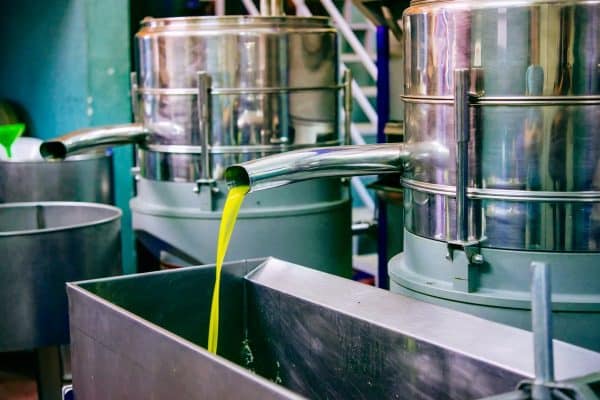
You're probably not surprised at the amazing health benefits hemp offers. Its food is rich in protein. Therefore, a perfect option for vegans to get all the essential nutrients. Hemp consists of polyunsaturated fat, which significantly reduces the risk of cardiovascular conditions. Omega-3 and Omega-6 make hemp an indispensable product for protecting hair health. In addition, it has anti-inflammatory properties, which make it useful in reducing acne, psoriasis, eczema, and atopic dermatitis. Furthermore, hemp seed oil poses little or no threat to health. However, it is best to test it on a small area for allergic reactions.
Is palm oil widely used for its great health benefits or availability? Palm oil is rich in vitamin E, a rich source of antioxidants. They may be useful in protecting heart health. It also has a high Vitamin A content which is good for eye health. However, palm oil may increase cholesterol levels, putting an individual at risk of cardiovascular diseases.
Hemp seed oil is the new rave in the skincare world. It is packed with nutrients that are great on the skin. In addition, it is suitable for various skin types as it has significant hydrating properties. Furthermore, hemp oil is non-comedogenic (that is, it does not clog the pores of the skin)
Hemp oil is rich in gamma-linolenic acid, supporting skin cell regeneration and anti-inflammatory properties. Therefore, it moisturizes, protects, and nourishes the skin. Furthermore, it can reduce wrinkles and fine lines, slowing down aging signs.
Speaking of amazing hemp body products - we've just released a beautiful new range of Organic Hemp Bath Salts & Body Scrubs, be one of the first to get your hands on them!
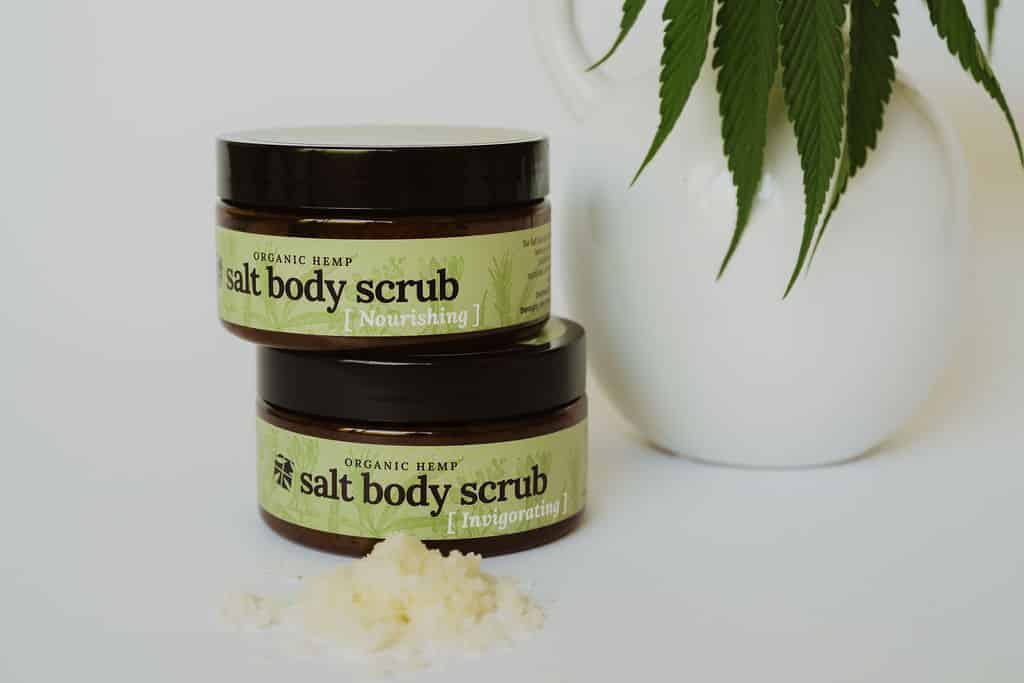
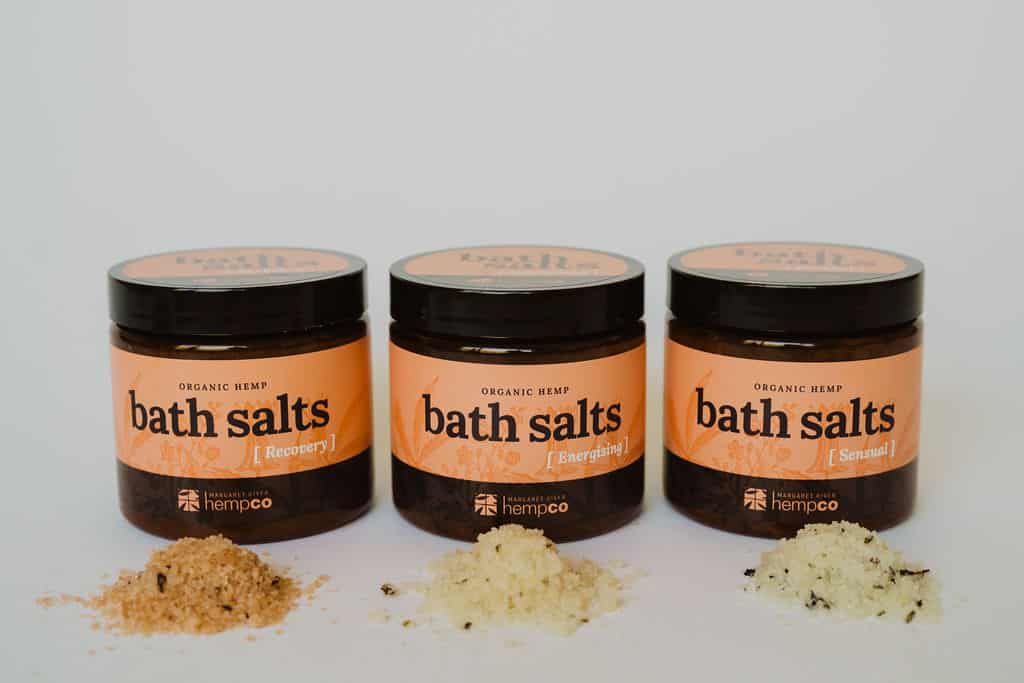
Generating hemp seed oil poses no threat to the environment. Instead, it sequesters carbon from the atmosphere, reducing the carbon in the atmosphere. Therefore, manufacturing hemp seed oil is environmentally friendly and sustainable.
The process of manufacturing palm oil increases carbon in the atmosphere. The land required for planting is often huge, and clearing it releases carbon into the atmosphere. In addition, felling trees for palm oil has destroyed the natural habitat of several animals. It is not eco-friendly.
Finally, other hemp seed oils and other sustainable oils can replace palm oil. Preservation of the earth is our collective responsibility. Therefore, we can ensure that oils are sustainably sourced to reduce wildlife's greenhouse effect and displacement.
What are your thoughts?
We'd love to hear from you in the comments below!